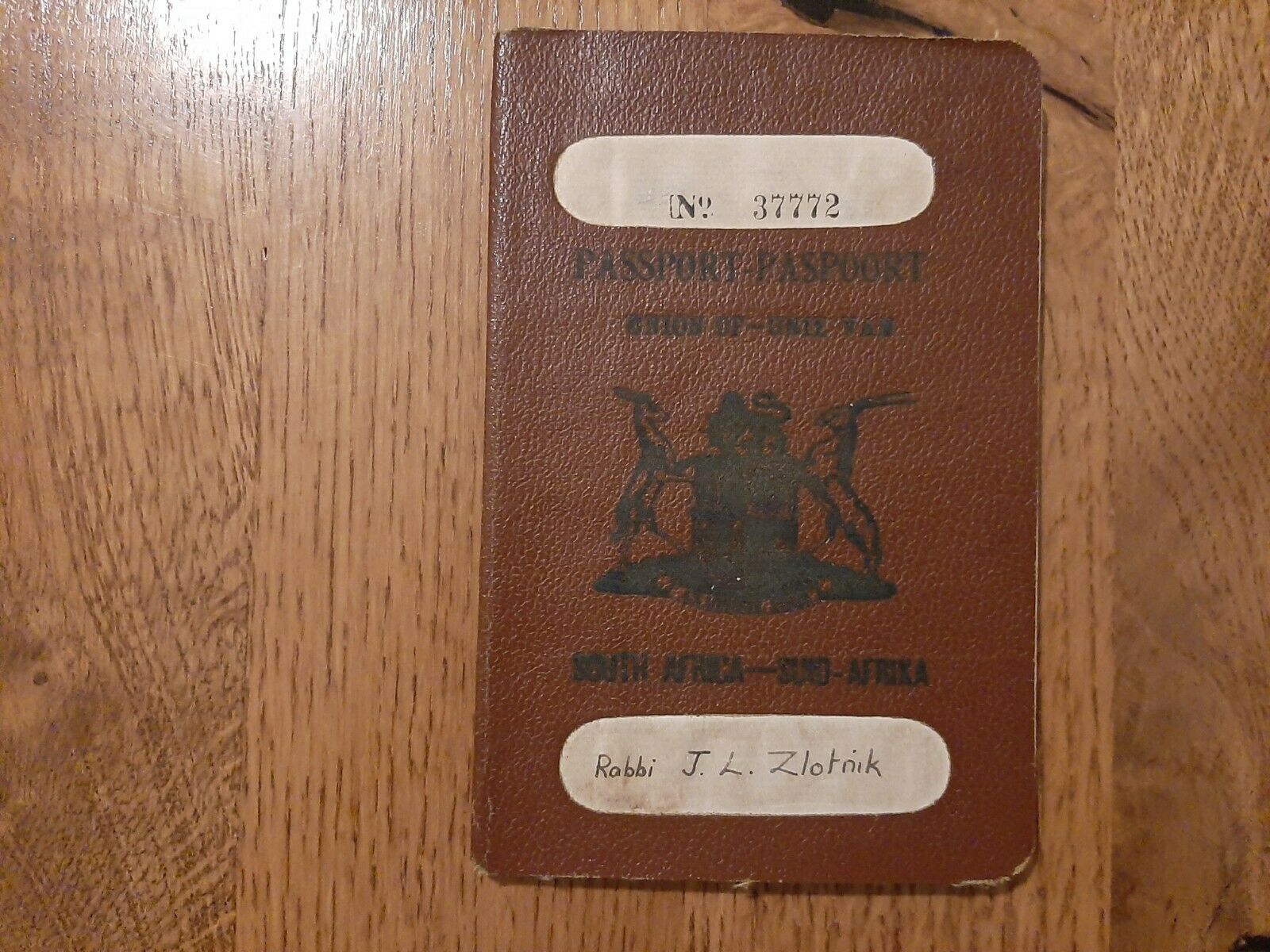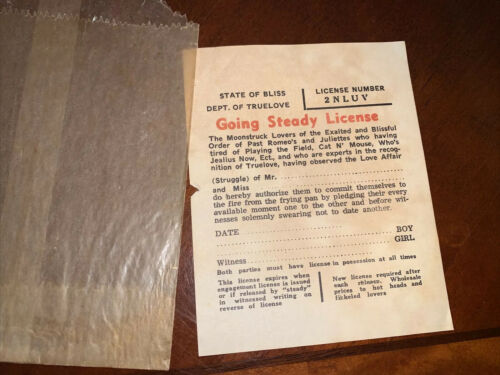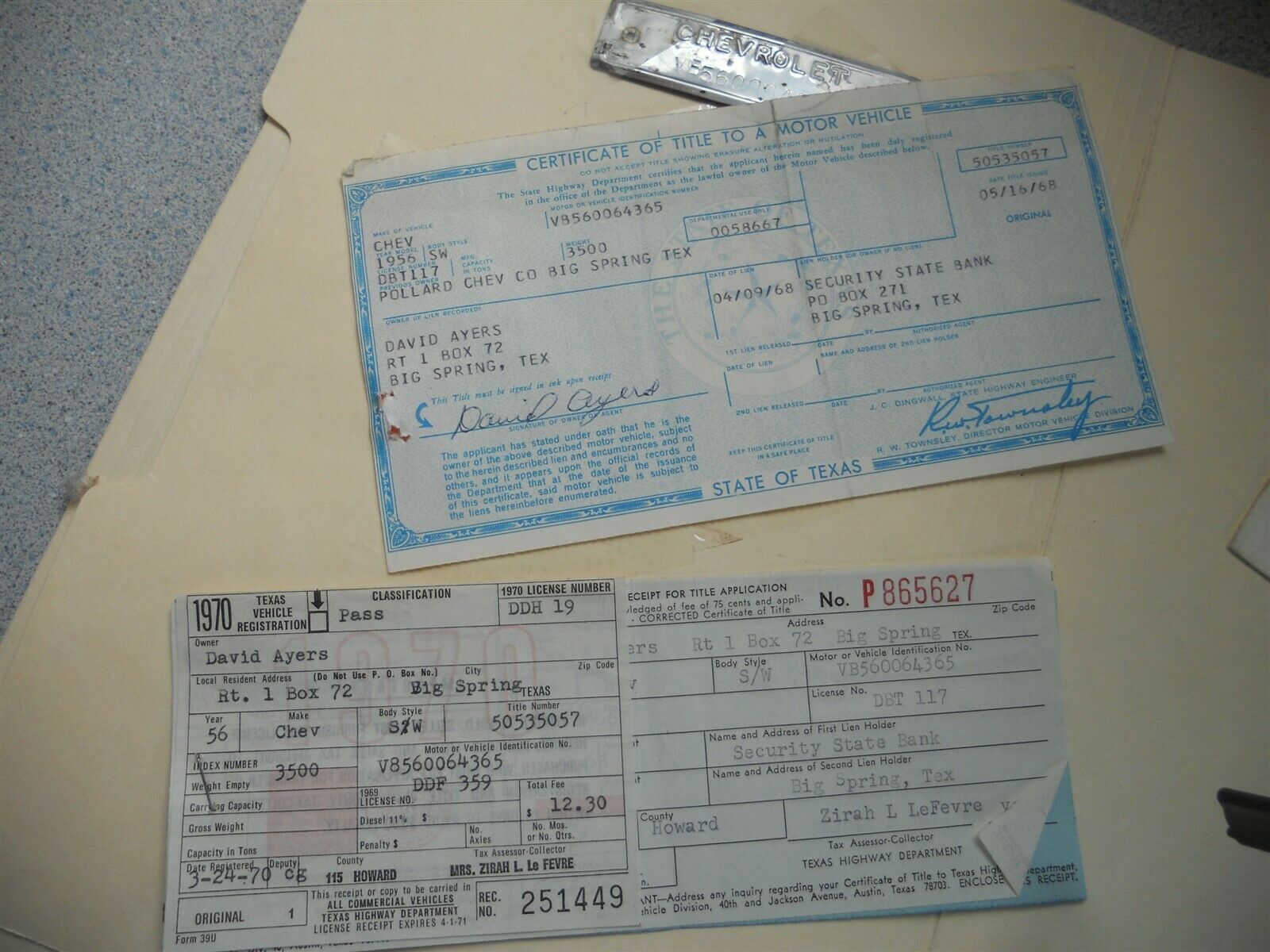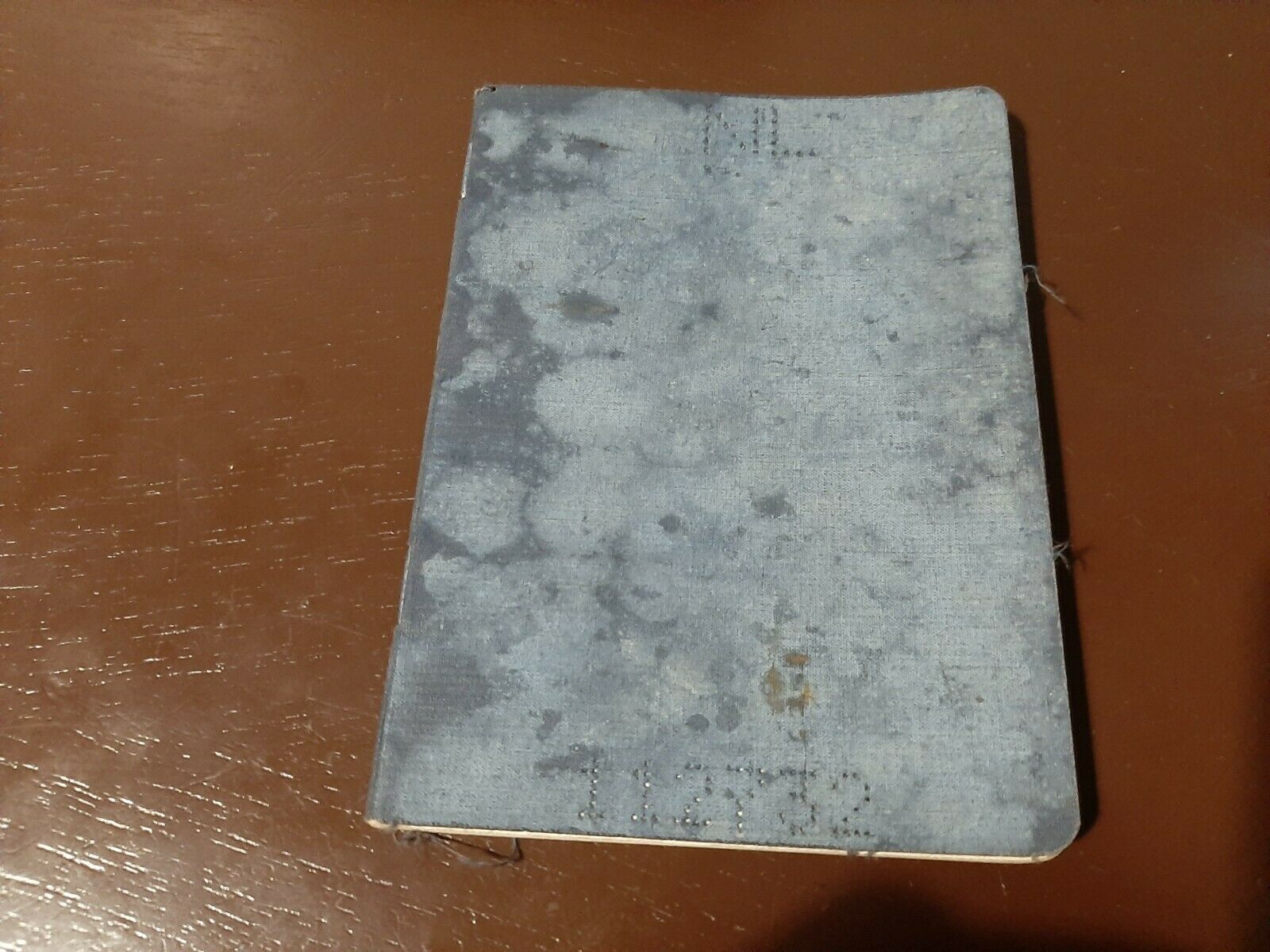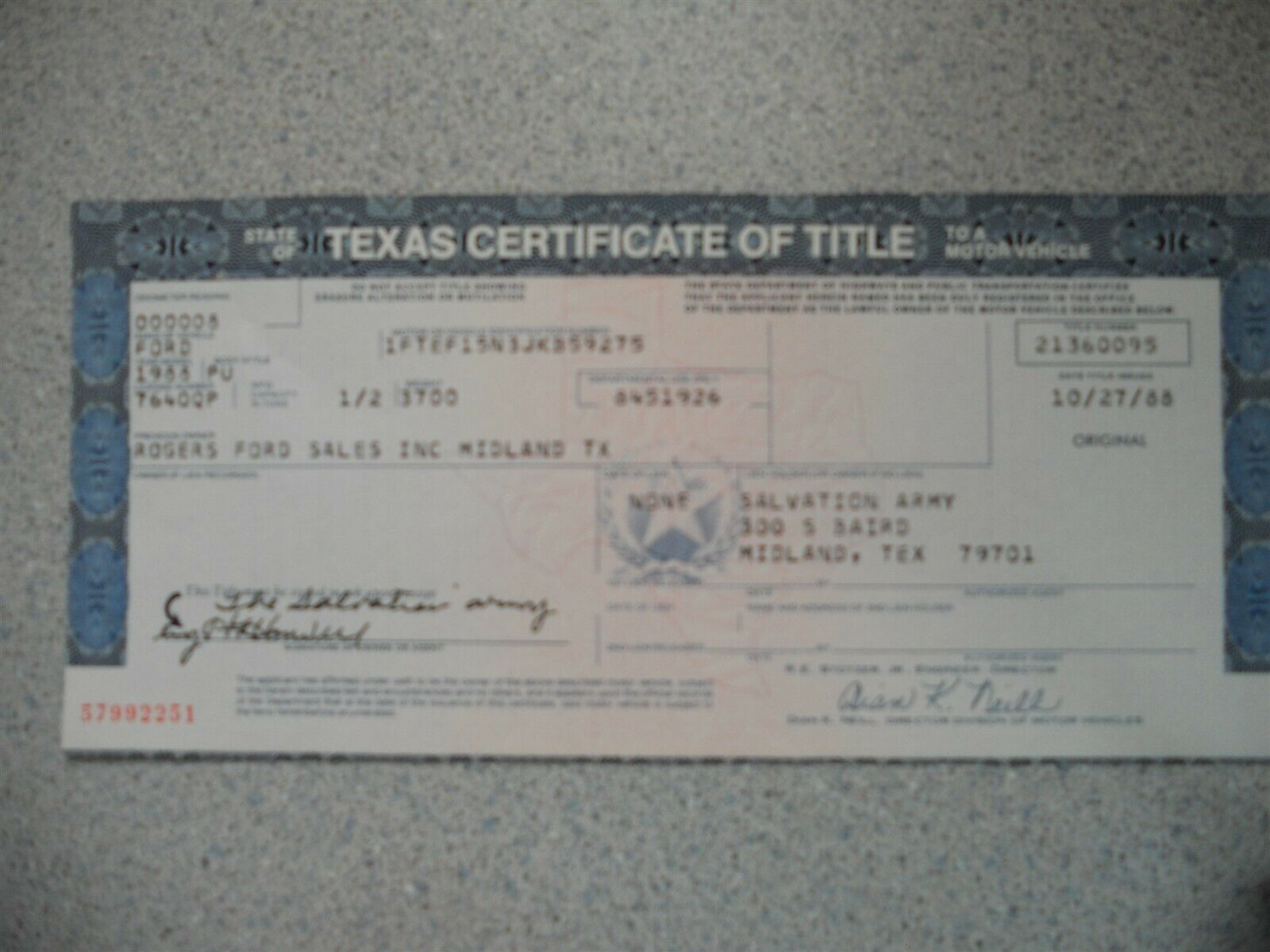-40%
1940 South Africa passport for Rabbi - to Rhodesia Palestine Mozambiqe Sudan ..
$ 1055.99
- Description
- Size Guide
Description
+ full of visas1940 South Africa passport for Rabbi - travel to Rhodesia USA Palestine Mozambique Kenya Belgian Congo Egypt Sudan Canada Australia
Old Encyclopedia Judaica:
ZLOTNIK, JUDAH LEIB,
rabbi and writer, b. Plock, Poland, 1887. He studied Talmud in the Yeshiva of Volozhin, and at the same time pursued secular studies. In 1910 he was ordaine3d rabbi, and at the age of twenty-four he was appointed rabbi in the city of Gombin, Poland. He was founder and organizer of the Mizrachi (Orthodox Zionists) organization in Poland, and its first general secretary. He continued to study modern languages and was well versed in Polish, German and English literature.
Zlotnik's first literary was a biography in Hebrew of
Jesus of Nazareth
which was praised by Joseph Klausner; but it was not printed in book form due to the censorship in Czarist Russia. His chief literary contribution, however, was in the field of Jewish folklore and ethnography, on which subjects he wrote several books. Best known is his
Beliefs and Superstitions
(Yiddish; Warsaw, 1918) which he wrote under the pen-name of Judah Elzet. Also well known is his
Kohelet - The Man and the Book
(1929). In 1920 Zlotnik went to the United States and, after a short visit, he left for Canada, where he was elected president of the Mizrachi.
He lived in Montreal until 1936, holding several important positions in the Zionist movement, including that of executive director of the Jewish National Fund. During this time he published numerous articles on Jewish subjects in English, in which language he also wrote a series of poems which were praised by literary critics in Canada. From there he was called by the Jewish community in South Africa to head the Jewish Educational Department of that country, a position which he held from 1936 on with great distinction. There he wrote:
Bereshith Bamelitzah Haibrith
(1938) and
Maamarim Misefer Midrash Hamelitzah Haibrit
(1939), dealing with Hebrew phraseology;
Mahbaroth Mine Kedem
(1943), giving fragments of Maimonides' Hilchoth Berachoth from a newly discovered manuscript.
